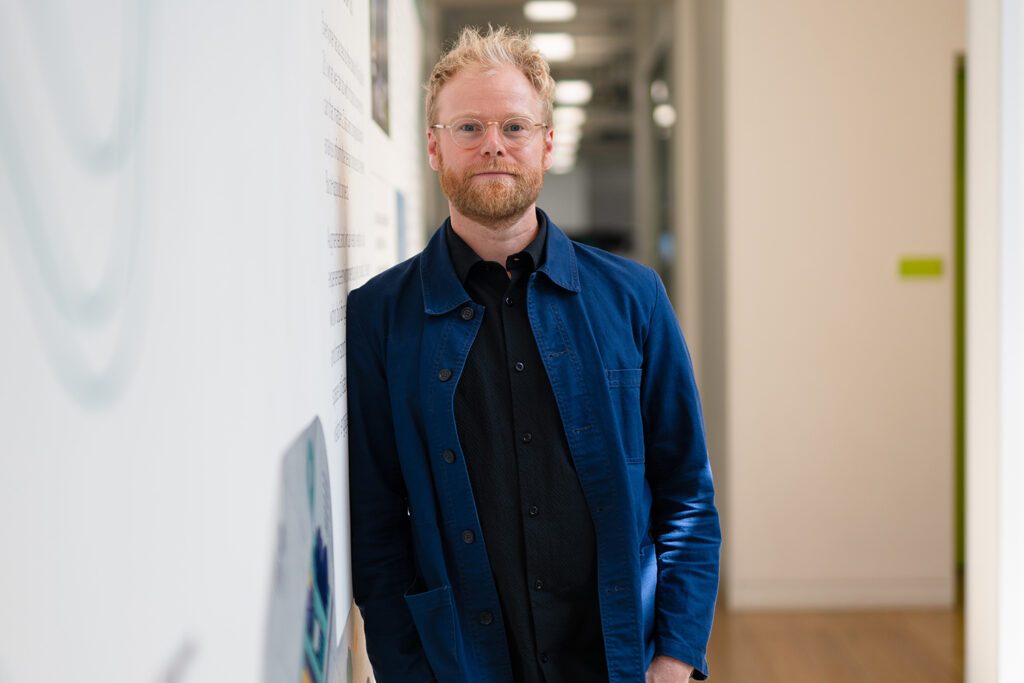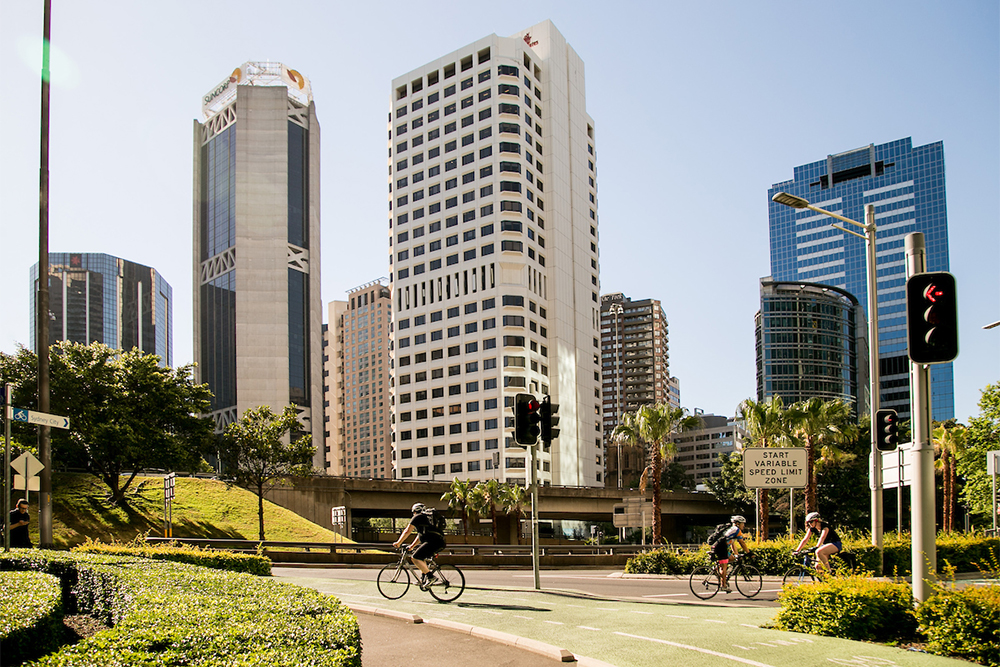
Clean Construction Deep Dive Analysis Series
Toronto (Canada), Milan (Italy), Mexico City (Mexico), Ekurhuleni (South Africa), Quezon City (Philippines)
Project details
Client
C40 Cities Climate Leadership Group
Duration
2020 – 2022
Services provided by Buro Happold
All around the world, cities face a range of challenges. A shortage of affordable housing, longstanding economic, societal and health inequalities, and the urgent need to reduce greenhouse gas emissions and prepare for the impacts of climate change.
These challenges are complex and interconnected. Their scale and the urgency with which they must be addressed has been exacerbated, accelerated and further exposed by the Covid-19 pandemic.
The construction sector has long been instrumental in shaping urban life; delivering critical infrastructure and shelter as well as providing jobs and livelihoods for many. Construction however currently contributes more than 23% of the world’s greenhouse gas emissions and is responsible for over 30% of global resource consumption. Construction sites can also physically impinge upon urban spaces, having negative impacts on everything from air quality and local traffic flows to noise levels.
The C40 Cities Climate Leadership Group connects nearly 100 cities around the world, representing approximately 800 million people and one quarter of the global economy. Buro Happold was appointed by C40 Cities to lead a two-year programme of deep dives into the opportunities around clean construction, focusing on five complex and diverse cities: Toronto (Canada), Milan (Italy), Mexico City (Mexico), Ekurhuleni (South Africa) and Quezon City (Philippines).
Challenge
The C40 Clean Construction Programme seeks to drive collaboration to shift the global construction industry towards a more sustainable future. A future in which clean construction practices help to achieve thriving, resilient and healthy communities in our cities, especially for the most vulnerable.
The programme addresses the embodied emissions of construction – the emissions associated with the extraction, manufacturing, assembly, transport, maintenance and end-of-life sorting of construction materials.
It also explores ways to strengthen climate resilience and to address the health and socio-economic impacts of the construction industry, by looking at inclusive, safe, resilient and healthy urban spaces, flourishing circular industries and protected local environments that generate better air quality for millions around the world.
This commission focused on supporting the five cities to identify what clean construction activities are already underway, as well as the barriers and opportunities for each city to unlocking more ambitious climate action.
To achieve this a team of sustainability experts from Buro Happold employed a mixed methods approach which, across the five cities, has involved interviewing more than 100 individuals to inform the development of over 35 city-specific recommendations.
Cities have a critical role to play in showing the vision and leadership needed to facilitate a transition to clean construction – an industry with dramatically reduced greenhouse gas emissions that supports the creation of thriving, resilient and healthy city communities.
Recognising this, C40 Cities launched the Clean Construction Declaration to which signatory cities pledged to bring together and inspire stakeholders to work towards taking action, and enact policies and regulations where they have the powers to reduce embodied emissions by at least 50% for all new buildings and major retrofits by 2030, striving for at least 30% by 2025.
It seeks the reduction of embodied emissions by at least 50% of all infrastructure projects by 2030, striving for at least 30% by 2025. Signatory cities are required to commit to zero emission construction machinery in municipal projects from 2025 and zero emission construction sites city-wide by 2030.
While cities are accelerating action on operational energy use, clean construction and embodied carbon are new concepts for many city governments. Cities need support in understanding the topic, the full suite of actions available to them and what might be the most impactful and viable approach.

Solution
In this inaugural study of the C40 Cities Clean Construction Programme, Buro Happold was appointed to firstly undertake a desktop study to collate, assess and synthesise the latest and best evidence available on clean construction actions, the global and local social and environmental benefits of these, and develop a database and taxonomy for these interventions.
Following this, Buro Happold undertook a deep dive with each city. We used a mixed method approach comprised of desktop studies, industry surveys and structure interviews with city officials and a broad cross section of each city’s construction sector.
Using an analysis tool developed by Buro Happold for the project, these qualitative findings were analysed to develop a series of recommended actions local governments can take as well as a series of key enablers. The outcomes of the study were synthesised in an individual report and presented to the leadership of each city.
By drawing on Buro Happold and C40’s extensive internal and external networks we were able to identify and engage a range of individuals and practices with deep local expertise and knowledge. Effective use of these networks was invaluable for providing the depth and balance of perspective required.
A key recommendation was for city leaders to also leverage their own networks, to disseminate widely the evidence that exists. Cities can use their soft powers to roll out education programmes and hard powers to lead by example, showcasing alternative methods of construction and their benefits.

Value
Across the five cities, more than 35 tailored recommendations for immediate actions have been made. These recommendations have been developed based on significant industry engagement, signalling clear support from across the construction value chain. You can read more details of the study’s findings on the C40 Cities Clean Construction Programme page.
The recommendations for the five cities will be applicable, to varying degrees, to cities elsewhere in the world. It is believed that other cities may be inspired to take action by adapting relevant recommendations to their own specific context.
There is a clear imperative for a radical shift that addresses the embodied carbon and impacts of construction. This study is the first of its kind, offering valuable city-focused insights to issue of clean construction across a diverse set of regions globally.
The study complements actions being undertaken by others around the world, such as the calls to regulate embodied carbon in the UK. It builds on these actions by seeking to showcase what cities can do today, in many cases without support or prior action from central government. In addition, it looks beyond carbon to consider the local and global whole system benefits that might be realised through such a shift.
















